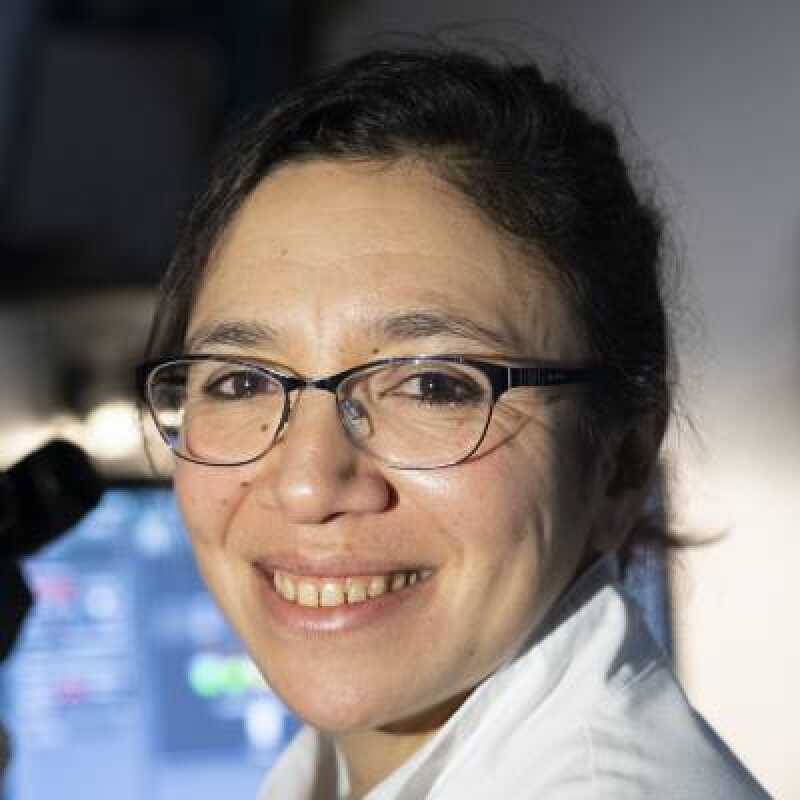- University of Kent
- Biosciences at Kent
- People
- Dr Marina Ezcurra
Dr Marina Ezcurra


Marina Ezcurra received her PhD from the Karolinska Institute in 2011. Her PhD research was a collaborative project between Karolinska and MRC-LMB, Cambridge, and she studied neural circuits and behavior using C. elegans in Bill Schafer’s group. During her PhD, Marina Ezcurra identified extrasynaptic mechanisms by which nutritional status modulates nociception, involving neuropeptidergic and dopaminergic signaling.
She went on to do a postdoc working on ageing with David Gems at University College London. During her postdoc, Marina Ezcurra developed methods to monitor the development of multiple age-related diseases in vivo in C. elegans, leading to the discovery of a previously unknown process, Intestinal Biomass Conversion. This mechanism enables the C. elegans intestine to be broken down to produce vast amounts of yolk, resulting in polymorbidity and mortality in ageing nematodes. This work illustrates how ageing and age-related diseases can be the result of run-on of wildtype gene function rather than stochastic molecular damage.
Current research in Marina Ezcurra’s group focuses on how host-microbiome interactions affect host ageing and is funded by The Wellcome Trust and Royal Society. Marina Ezcurra is a trustee board member of The British Society of Research on Ageing.
For full information Marina's work, visit her research website: marinaezcurralab.com.
Genomic approaches are greatly advancing our knowledge of the human microbiome and its role in health and disease states. It is becoming clear that the composition of the microbiota varies greatly between individuals, contributes to many diseases and plays an active role in human health. A number of recent studies have shown that the gut microbiota modulates important aspects of human physiology, including the ageing process and the myriad of associated diseases, and also the gut-brain-axis, resulting in effects on neural chemistry, behaviours, psychiatric and neurodegenerative diseases. Thus, the microbiota presents an avenue to target novel treatments to a number of diseases and to modulate brain plasticity and cognitive function during ageing.
Due to the inherent complexity and heterogeneity of the human microbiome this complex relationship between the host and its microbiota is very difficult to disentangle in mammalian systems. We are using the nematode C. elegans combined with its native microbiome but also with bacterial models to identify the microbial and host pathways underlying microbiome effects on the gut-brain axis during ageing. On one side, the combination of C. elegans with bacterial models offers exceptional experimental systems allowing the systematic manipulation of the host and its microbiota, and the use of all the tools these models offer to gain mechanistic insight into microbiome effects on host physiology. On the other side, studying C. elegans with its native microbiome allows the study of ecologically relevant host-symbiont interactions.
Loading publications...
Showing of total publications in the Kent Academic Repository. View all publications